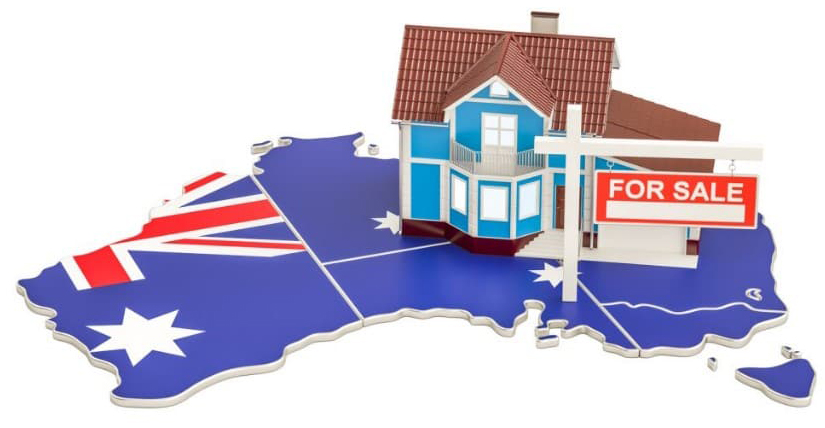It has been a very challenging time for many clients with the media discussion surrounding house prices, where interest rates will go for 2023, and what the future holds for the Australian economy and the world economy.
It can be challenging to wade through the rhetoric and find out what is actually happening. As is usually the case, the so-called “experts” have differing views and appear to want to either be all doom and gloom or they are all positive and rosy!
Our usual approach is to weigh up the factors and then take somewhere in the middle.
The two different ends of the spectrum in this instance are:
1. The Naysayers:
There are several “experts” predicting rates going higher and higher, Australia going into recession, and a massive housing crash.
2. The Optimists:
On the other hand, others are saying that the housing market is a minor correction, given the background of the housing and rental crisis (remember that rentals have the lowest vacancy rate seen for over 30 years – since the 1989/90 recession). We also have the lowest unemployment rate in more than 48 years.

We are probably more aligned with the Optimists this time, looking at several factors. It isn’t easy to get a rental. The line for properties is still long, so selling property is not as hard. Even with the interest rate increases, we still see where it is cheaper to buy than rent.
We have seen an increase in interest rates and ongoing payments. Home Loan rates have gone from 2.5% per annum to now closer to 6% per annum. So, this is a big jump, and it has taken some time to start to bite, but it is now biting some clients on their cash flow. Home loan interest rate increases take a little longer to kick in than rent increases – rent increases are immediate, whereas rate rises factor in over a period of time.
The underlying issue also is that we have a lack of supply of many goods and materials. Even if the price of some items doubled again, the demand is still there. This is not a case of people wanting to buy new boats or fancy, nice-to-have items. Instead, it has primarily been a case of being unable to obtain the goods. Unfortunately, Australia is a net exporter of raw materials (that is, minerals – Iron Ore, Lithium, Coal and Gas, agriculture – wheat, sheep, cattle) but a net importer of finished goods (that is, cars, washing machines, TVs, computers and other things that we can use). So, we have benefited from the export side but have seen massive increases in prices or delays in cars, vehicles, or equipment coming into the country due to a lack of supply.
We have put together two summaries of the following:
(i) The property market, which we are of the view of, is a balanced picture and tells of some of the background on what we have seen. Interestingly, the property market has been touted as having the worst correction for some time. Still, the media has not considered that during the pandemic/post-pandemic, property prices took off at a much larger rate than the declines now.
The property declines also appear to be less than the increase. For example, in Sydney, if you bought a property for, say, $400,000. It increased on average by 20%, so $80,000, resulting in a property value of $480,000. It has now dropped by 11%, a decrease of $52,800, a net increase of $27,200. On a value of $400,000 initially, this is still a net increase of nearly 7% in that period. So, still up a reasonable amount.
Click here for further reading on the property market
(ii) The Australian share market, which has seemed to improve during this challenging period. Usually, the Australian Share Market (ASX) is a leading indicator for the economy. That is, if the ASX goes up, the economy usually follows 12 months later. Usually, the property market is a lagging indicator, so trouble hits it after the economy goes into recession.
Click here for further reading on the share market outlook
Where do we go from here?
It is going to be a balancing act.
Like everything in a difficult time, maintain your cash flow.
Don’t panic, and then if you have any concerns at all, please make sure that you contact us to see how we can assist you.



